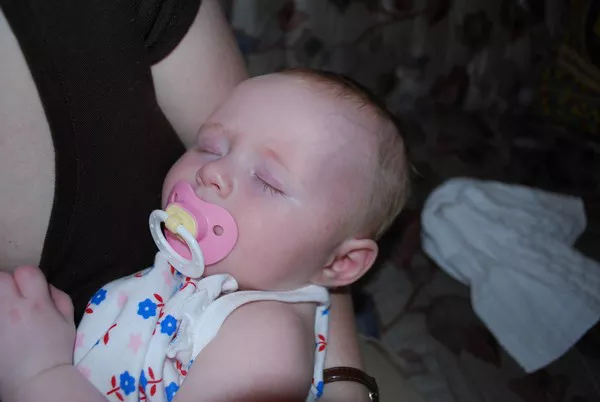In the realm of parenting, ensuring the safety and well-being of our little ones is a top priority. When it comes to feeding our babies, the cleanliness of their bottles is paramount. This raises an important question: is a bottle sterilizer truly necessary? In this article, we will delve into the subject, exploring the benefits and drawbacks of bottle sterilization and helping parents make an informed decision.
The Importance of Clean Bottles:
Before diving into the sterilizer debate, let’s establish why clean bottles are crucial for babies. Infants have delicate immune systems that are still developing, leaving them more susceptible to infections and illnesses. Milk residue or formula can create a breeding ground for harmful bacteria, which may lead to digestive issues or infections such as thrush. Therefore, maintaining bottle hygiene is essential to safeguarding our little ones’ health.
Traditional Sterilization Methods:
Historically, boiling bottles in a pot of water was the go-to method for sterilization. This approach effectively kills most bacteria, viruses, and fungi that may be present. However, it can be time-consuming and labor-intensive, especially for busy parents. Additionally, prolonged exposure to high temperatures may cause wear and tear on bottle materials, reducing their lifespan.
Advantages of Bottle Sterilizers:
Bottle sterilizers offer several advantages over traditional methods. Firstly, they provide a convenient and time-saving solution. Electric steam sterilizers, for instance, use hot steam to eliminate bacteria, ensuring thorough sanitization in a matter of minutes. This efficiency can be a significant advantage for parents juggling multiple responsibilities.
Moreover, sterilizers are designed to accommodate various bottle types, including plastic, glass, and silicone. They often come with additional features such as drying functions or storage compartments, streamlining the overall bottle care routine. These added conveniences can be particularly valuable for parents seeking practical solutions that fit into their busy lifestyles.
Addressing Concerns:
Critics of bottle sterilizers argue that they are unnecessary, claiming that regular washing with hot soapy water is sufficient. While it is true that thorough cleaning is a fundamental step in maintaining bottle hygiene, it may not always eliminate all harmful microorganisms. Furthermore, even the most diligent washing may not eradicate stubborn bacteria or viruses that can pose a risk to a baby’s health. In such cases, sterilizers offer an extra layer of protection and peace of mind.
Considering Individual Circumstances:
The necessity of a bottle sterilizer may also depend on individual circumstances. Some infants are more susceptible to infections due to a weakened immune system or medical conditions. In these situations, bottle sterilization becomes even more critical. Additionally, families living in areas with limited access to clean water or experiencing water quality issues may find sterilizers to be essential in ensuring the safety of their baby’s bottles.
Alternatives to Sterilizers:
For parents who are still unsure about using a bottle sterilizer, there are alternative methods to consider. One option is microwave steam sterilization bags, which can effectively sanitize bottles using the microwave’s steam-generating capabilities. These bags offer a compact and portable solution for families on the go.
Conclusion:
In the ongoing debate over the necessity of bottle sterilizers, there are valid arguments on both sides. While traditional methods, such as boiling, can effectively sanitize bottles, they may be time-consuming and may not completely eliminate all harmful microorganisms. Bottle sterilizers, on the other hand, offer convenience, efficiency, and an added layer of protection for babies with vulnerable immune systems. Ultimately, the decision to use a bottle sterilizer rests with each individual parent, considering their circumstances, lifestyle, and peace of mind.
Remember, regardless of the method chosen, maintaining proper bottle hygiene through regular cleaning and sanitization is paramount to ensure the well-being of your little one.


